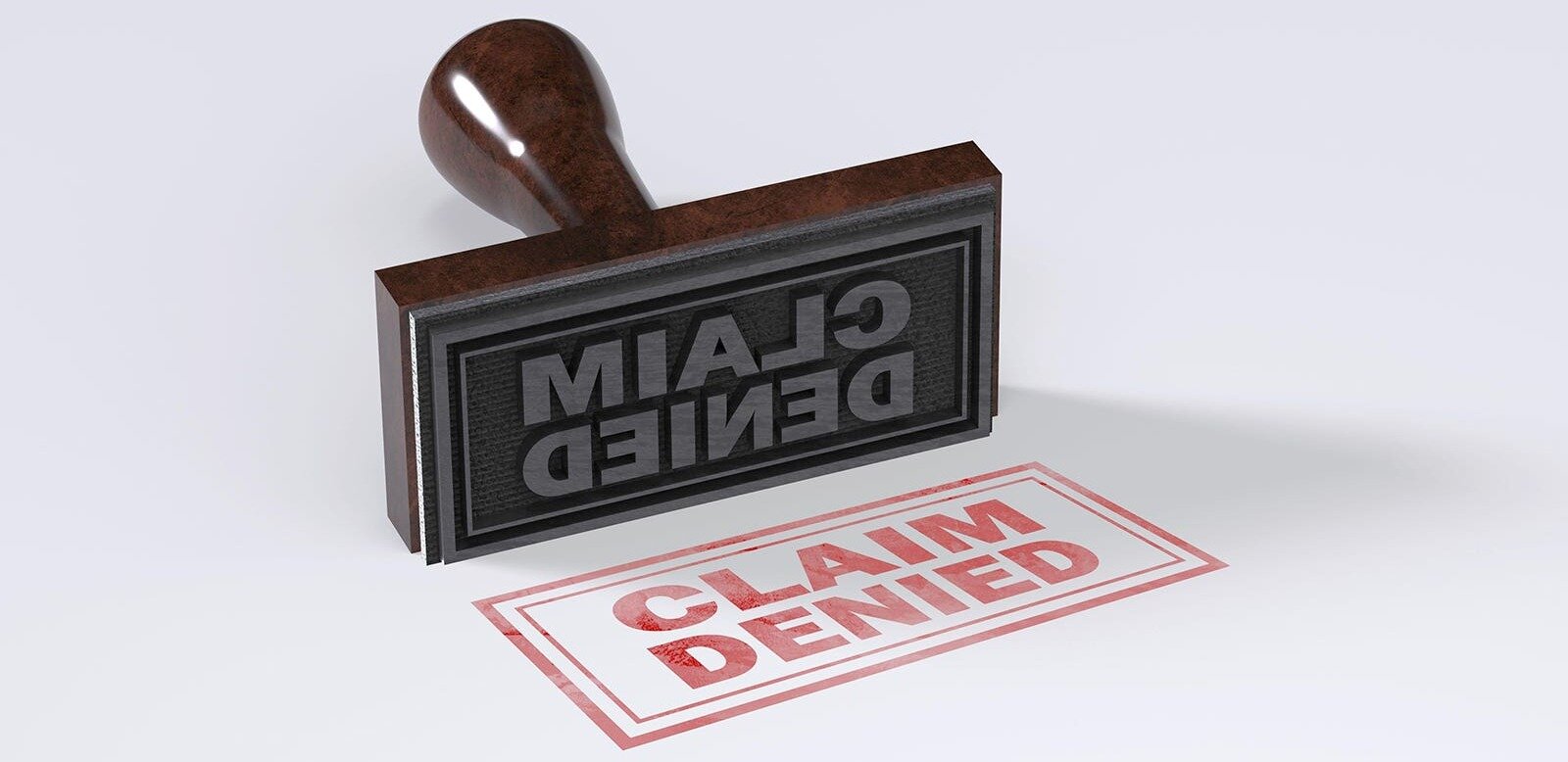Denials of medical claims reduce revenue, cash flow, and operational efficiency for hospitals and other healthcare providers.With the right expertise and processes, we can avoid many denied claims.
This blog will look at common medical claim denials and how to avoid them.
Eligibility Denials
The most common reason for eligibility-related denials is that the patient did not provide the information needed during preregistration or at registration.It is possible that these denials may occur if the patient’s insurance coverage changes during his or her hospital stay, especially in cases of long-term hospital stays.By gathering relevant patient information up front, the most effective way to prevent these healthcare denials can be avoided. However, this will not prevent all eligibility denials.Additionally, you can re-run the eligibility check before billing the claim, and you can also use a coverage discovery tool to find out if the patient has coverage.The ultimate goal is to prevent or minimize eligibility-related denials by deploying every strategy you can.
Invalid data-related denials
In most cases, claims that have missing or invalid data are considered soft denials, which means they can usually be fixed and resubmitted for reimbursement.Health insurance denials occur when vital data is missing from submitted data, indicating that the payer’s criteria is not met.Additionally, secondary billing claims may contain incorrect or missing information in the remittance advice.It is generally possible to avoid these denials by integrating a full editing collection into your billing or denial management software, which prevents claims from being submitted with incorrect or missing information.
Authorization Related Denials
It is common for authorization denials to end up as hard denials.There is no way to fix them, and no way to recover any payment.It occurs when an authorization number was included on a claim that was not valid or when an authorization was not obtained prior to service.A prior authorization may be granted, but insurance still denies a claim because the patient’s coverage changed or expired after receiving the authorization but before it was used.A payor’s authorization number may have a time limit or expiration date, and if it has not been used within its defined time frame, it will be denied.
Non-Covered Service Denials
A non-covered service denial is usually hard to appeal, so you might not be able to recover any money.This type of healthcare denial typically occurs because the payer’s plan does not cover the service.The patient may also be denied treatment if the patient stays longer than the number of days allowed for a particular service.Additionally, noncompliance with managed care plan restrictions may lead to a noncovered service denial.It is possible to provide documentation through an appeal for these kinds of claims.
Inadequate documentation denials
Most claims that are denied due to inadequate documentation can be corrected and resubmitted.Documentation is the major cause of these healthcare denials; either the requested documentation cannot be provided, or it can be provided but not received.There are times when the payer fails to provide the documentation within the timeframe described.Some claims are not denied because inadequate or insufficient information was not received.There is, however, the possibility of appealing these claims if additional details are provided as required by the payer.




